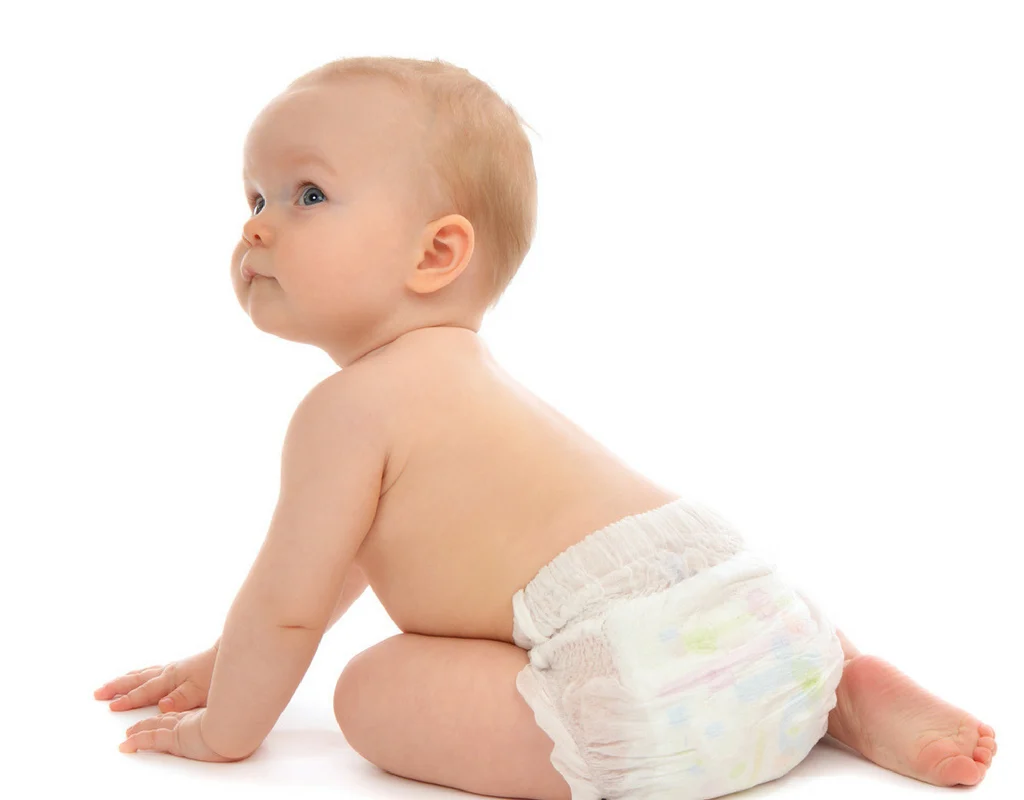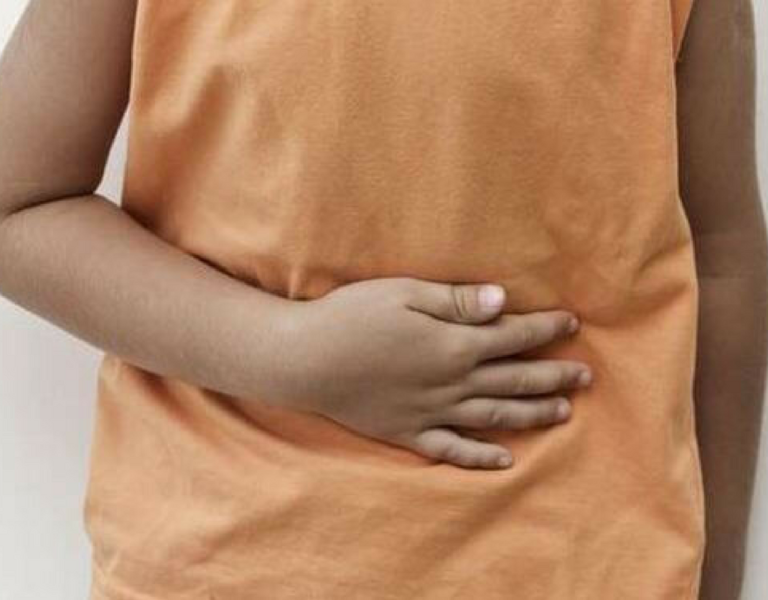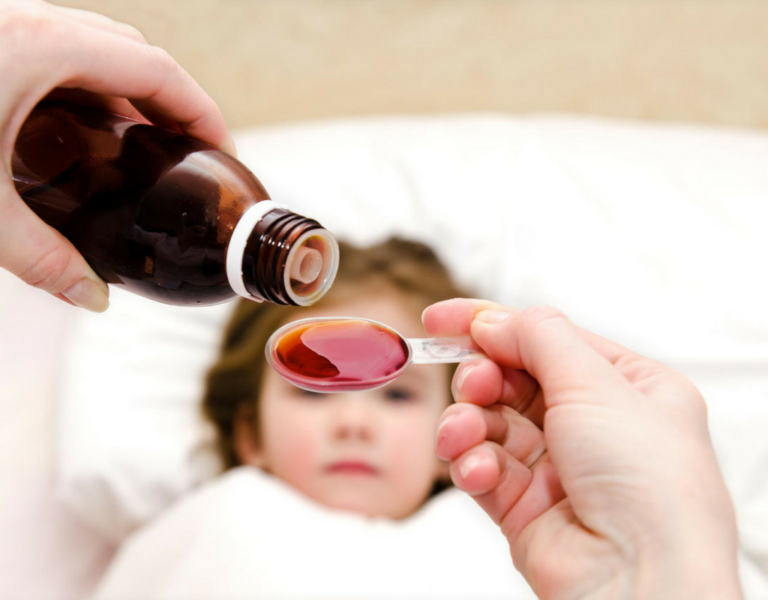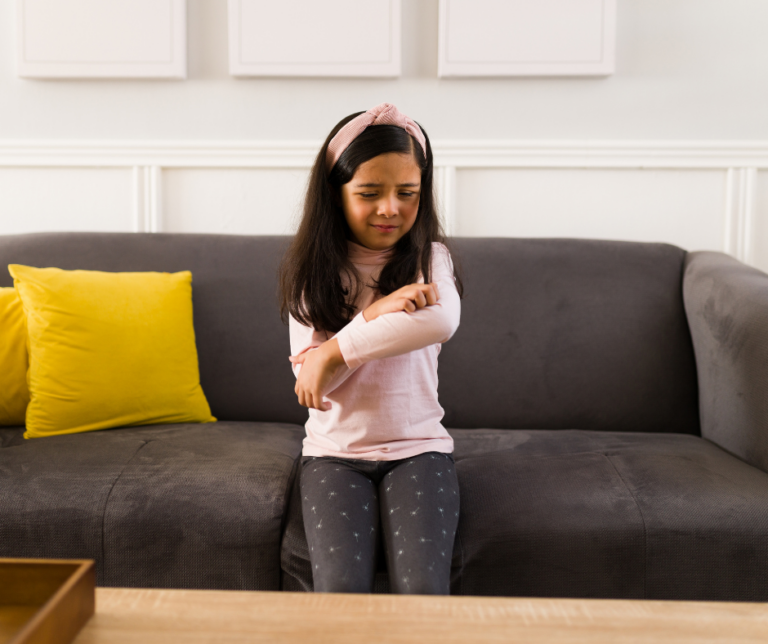Diaper rash is one of the most common pediatric health issues. Nearly all children develop a rash or inflammation in their diaper area at some time, often during the first year of life. Most of these rashes are caused by contact with moisture and irritants found in urine and stool.
The steps outlined below should help an existing rash to heal. They are also good techniques for preventing rashes when your child has diarrhea, whether from a viral infection or as a side effect of antibiotic therapy.
- Change diapers frequently and be sure the skin is completely dry before closing the new diaper. Wet skin is more easily penetrated by the irritating substances in stool and urine. It is also more easily damaged by chaffing of the diaper against the skin.
- Clean the skin gently with water. Avoiding the chemicals in store-bought wipes can help rashes to heal more quickly. Instead, use soft paper towels or washcloths moistened with water (these can be stored in air-tight bags for travel). Clean the skin with a light patting motion. Brief soaks in the sink or tub provide another way to cleanse without rubbing the irritated skin. You might also try using a squirt bottle filled with water.
- Leave the area open to air. During naps and any other time that is practical, expose the skin to air by placing your child on a towel without a diaper. While this may be the most challenging suggestion to implement, it may also be the most helpful.
- Use a diaper cream. The main purpose of these creams is to provide a barrier between the baby’s skin and urine/stool. Zinc oxide creams are the best (brand names include Desitin and Balmex) but creams made from petroleum jelly are also acceptable (brand names include Vaseline and A&D Ointment). Do NOT use powders or cornstarch as these have been shown to cause breathing problems when inhaled by some infants.
If you have followed these steps for 3-4 days and the rash is not improving, your child should be seen by a doctor. It is possible that the skin has become infected with yeast or bacteria and that a prescription will be required to clear the rash.





